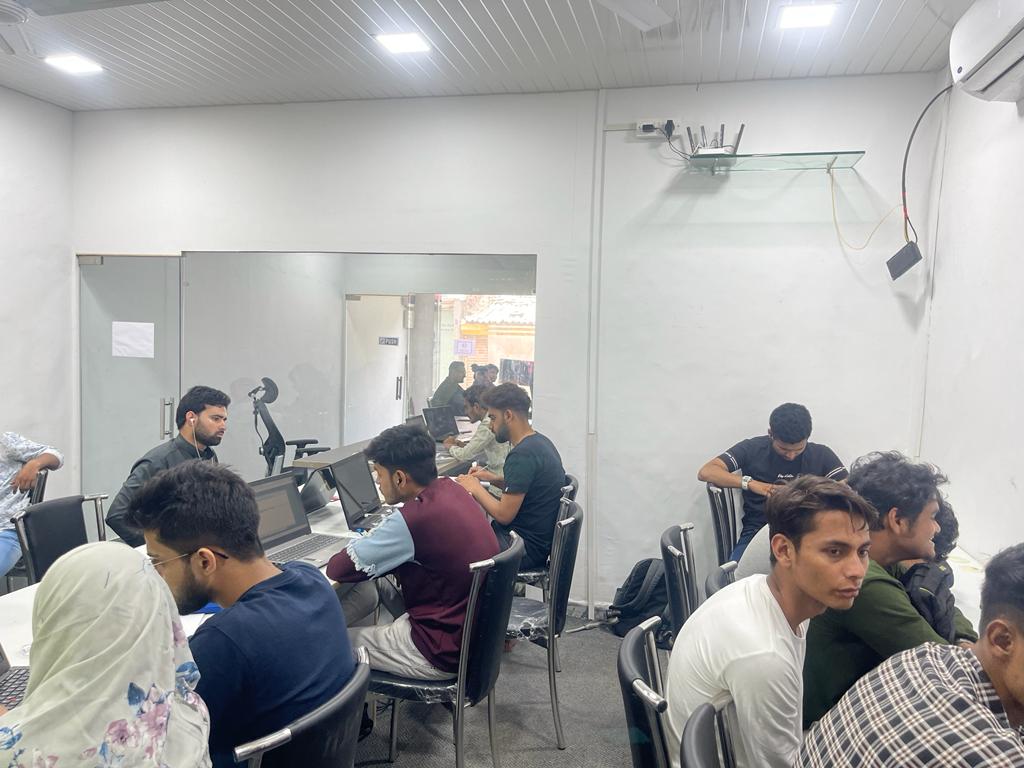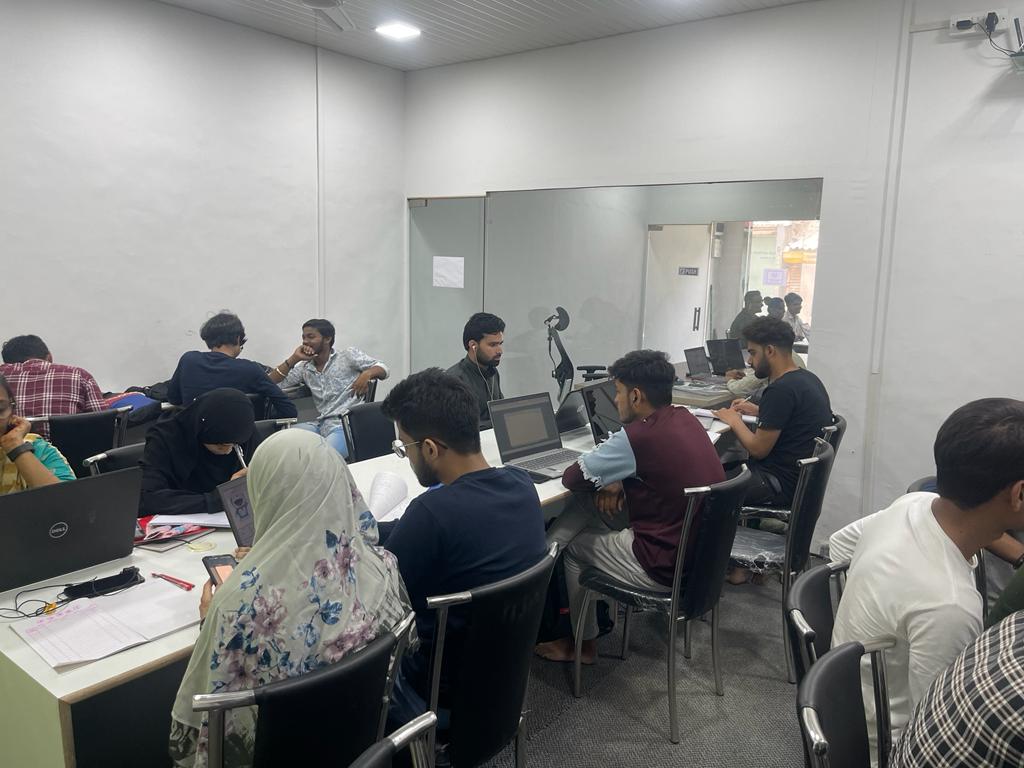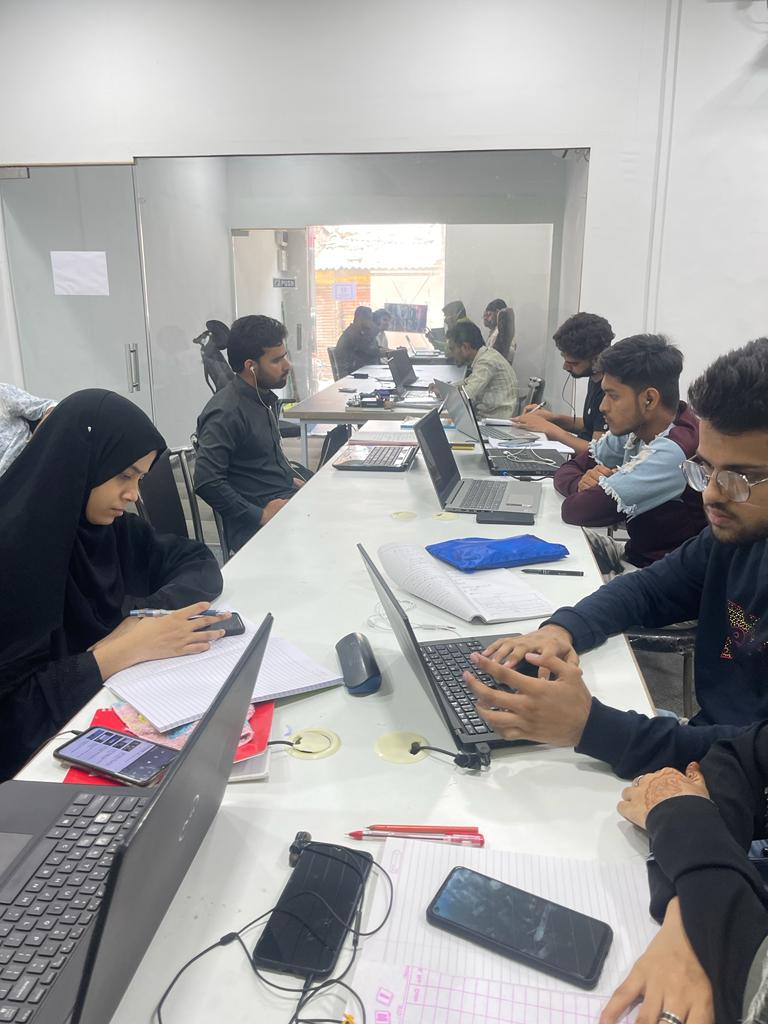







The IT sector in India is rapidly evolving, contributing to economic growth. With increasing demand for skilled professionals, this sector offers diverse job opportunities across various industries, requiring education in IT fields, certifications, and strong problem-solving and technical skills.

A bachelor's degree, relevant certifications, and experience enhance your prospects in the IT sector.

Library books change money, allowing readers to borrow expensive titles instead of buying them.

Libraries offer peace, connection, exploration, and teach responsibility and deadlines.
At the forefront of digital transformation, we provide innovative solutions to elevate your business, streamline processes, and enhance customer engagement for lasting impact and growth.
t develops logical thinking and systematic problem-solving approaches.
It helps analyze and present data using programming languages.
Coding is globally understood, making it highly transferable worldwide.
Coding skills open diverse career opportunities with excellent earning potential.







